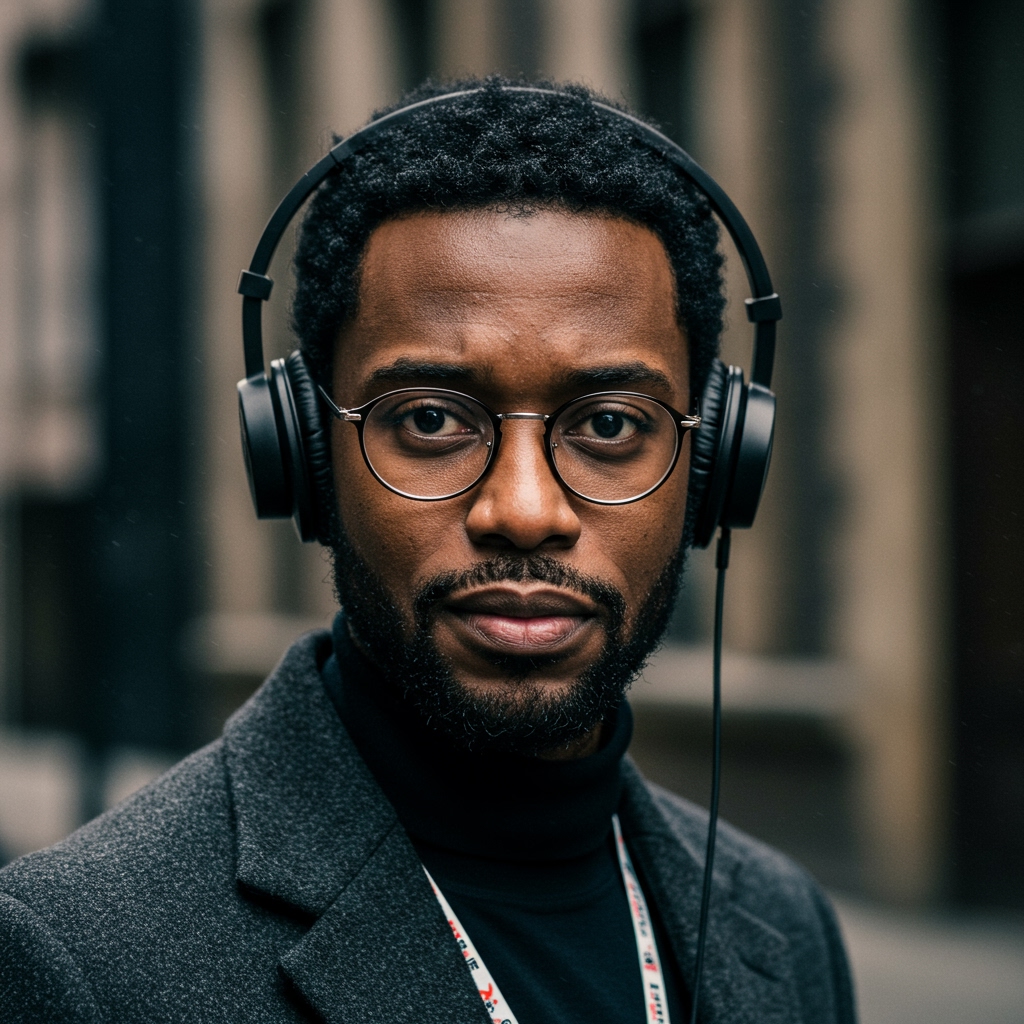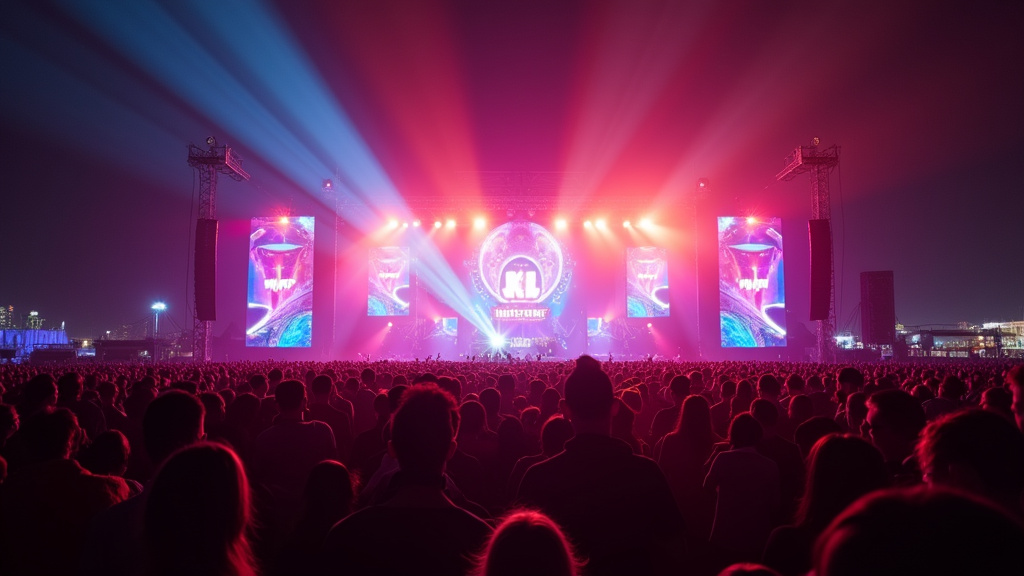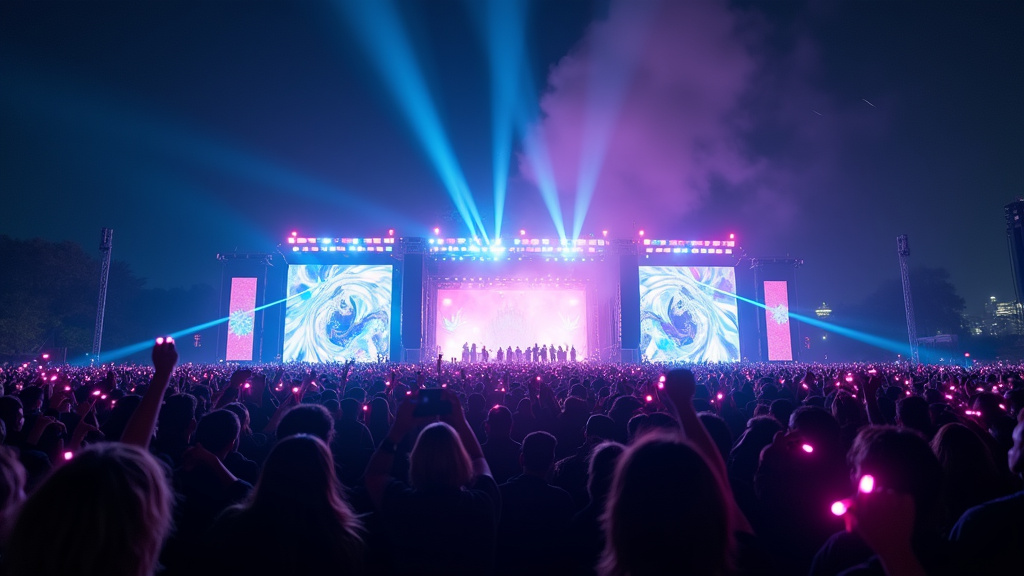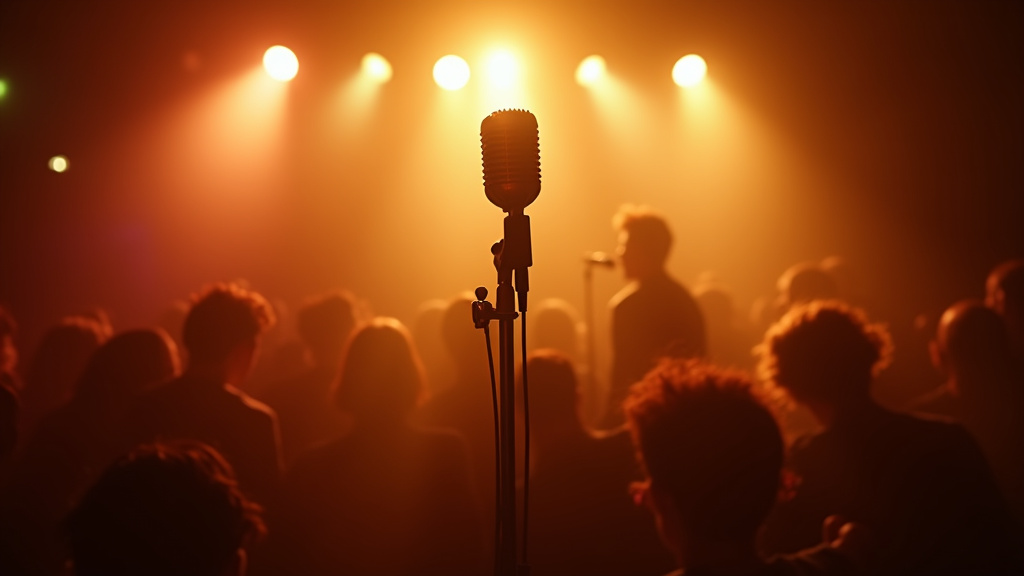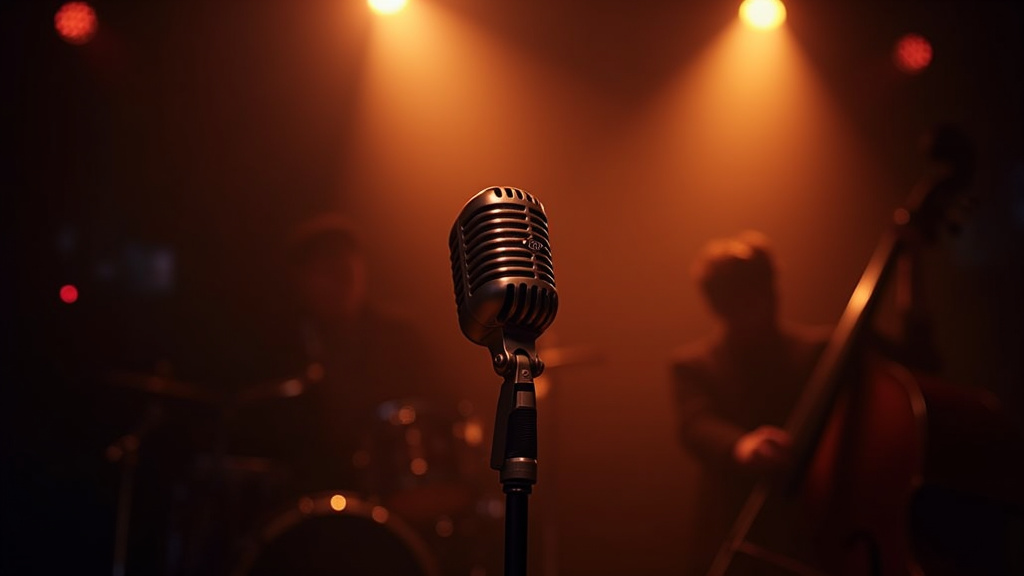Major Record Labels Submit Comprehensive AI Licensing Framework to WIPO
A significant development in the intersection of artificial intelligence and intellectual property rights within the music industry has emerged, as an alliance representing the world’s foremost record labels has formally proposed a comprehensive global framework aimed at addressing the licensing of AI-generated music. This influential alliance, comprising industry giants such as Universal Music Group, Sony Music Entertainment, and Warner Music Group, collectively holding a substantial share of the global recorded music market, submitted their detailed proposal to the World Intellectual Property Organization (WIPO) on a specific date: February 7th, 2025.
Addressing Core Copyright Challenges Posed by AI
The initiative underscores the music industry’s proactive stance in navigating the complex legal and economic challenges presented by rapidly advancing AI technologies. The core objective of the framework is to establish clear, standardized rules governing the use of copyrighted musical works for training artificial intelligence systems and, crucially, to ensure that rights holders receive fair compensation when AI-generated music utilizes or imitates their “digital likeness” or stylistic elements. The proposal seeks to draw a line in the sand regarding what labels view as the unauthorized appropriation of artistic expression and recorded works for commercial AI development and application.
AI’s capacity to analyze vast datasets of existing music allows it to learn patterns, styles, and even mimic specific artists’ vocal qualities or instrumental techniques. While this technology presents potential creative tools, the record labels argue that the unauthorized use of copyrighted sound recordings and musical compositions as training data constitutes copyright infringement. Furthermore, they contend that the creation of new works by AI that deliberately emulate or exploit the distinctive styles or identities of established artists represents a form of infringement or misappropriation that requires specific regulatory and licensing solutions.
The Framework: Licensing for Training and Output
The proposed framework distinguishes between two primary areas requiring licensing and compensation. The first relates to the input stage: the use of existing, copyrighted music to train AI models designed to generate new music. The labels’ position is that such use is a form of reproduction and adaptation of copyrighted material and must be licensed appropriately. Without such licensing, they argue, AI developers are free-riding on the enormous investments made by labels and artists over decades in creating and promoting musical works.
The second key area is the output stage: the generation of new musical content by AI. The framework proposes mechanisms for compensating rights holders when this AI-generated output is commercially exploited and either incorporates recognizable elements of specific copyrighted works or utilizes the “digital likeness” or distinctive style of an artist whose works were used, perhaps indirectly, in the AI’s development or prompt. This latter point about “digital likeness” and style is particularly pertinent in the age of AI models capable of generating convincing vocal tracks or instrumental performances in the vein of popular artists, raising complex questions about identity, personality rights, and the value inherent in an artist’s unique contribution.
Proposed Tiered Licensing Models
To implement this, the framework suggests the adoption of tiered licensing models. These models would likely differentiate licensing terms and fees based on various factors, including the type of usage (e.g., training data vs. commercial output generation), the scale of the AI system’s operation, the commercial intent and scale of the AI application, and the potential economic impact on human artists and rights holders. A small-scale, non-commercial research project using AI might fall under different licensing terms than a large-scale AI service designed for mass-market music creation or integration into commercial platforms.
This tiered approach aims for flexibility and fairness, ensuring that licensing requirements are proportionate to the economic value being extracted and the potential disruption being caused. The overarching goal is to establish a system where AI development and deployment can coexist with a thriving, creative music ecosystem, ensuring that those who create and invest in music are fairly compensated for the use of their work and identity in the AI realm.
Global Scope and Engagement with Tech Leaders
The decision to submit the proposal to WIPO, a specialized agency of the United Nations dedicated to promoting innovation and creativity for the benefit of all through a balanced and effective international intellectual property system, highlights the music industry’s recognition of the global nature of AI technology. AI models are developed and deployed across borders, making a patchwork of national regulations potentially ineffective and difficult to navigate. A global framework facilitated by an international body like WIPO is seen as essential for establishing consistent rules that can be applied worldwide.
The labels’ alliance has reportedly already initiated discussions regarding this framework with leading technology firms actively involved in AI research and development, including Google, Meta, and OpenAI. These conversations are crucial, as the successful implementation of any licensing framework will require cooperation and agreement between rights holders and the developers of the AI technologies themselves. Reaching consensus on technical standards, tracking usage, and establishing payment mechanisms will be vital steps following the initial proposal at WIPO.
Looking Ahead
The submission on February 7th, 2025, represents a significant step in the ongoing global dialogue about AI, copyright, and the future of creative industries. It signals the music industry’s determination to shape the regulatory landscape rather than merely reacting to technological changes. The proposal at WIPO is expected to trigger further discussions, consultations with stakeholders across various sectors, and potentially lead to the development of international norms, recommendations, or treaties concerning AI and intellectual property rights in the creative domain. The outcome of these efforts will have profound implications for artists, labels, AI developers, and the way music is created, distributed, and consumed in the digital age.

